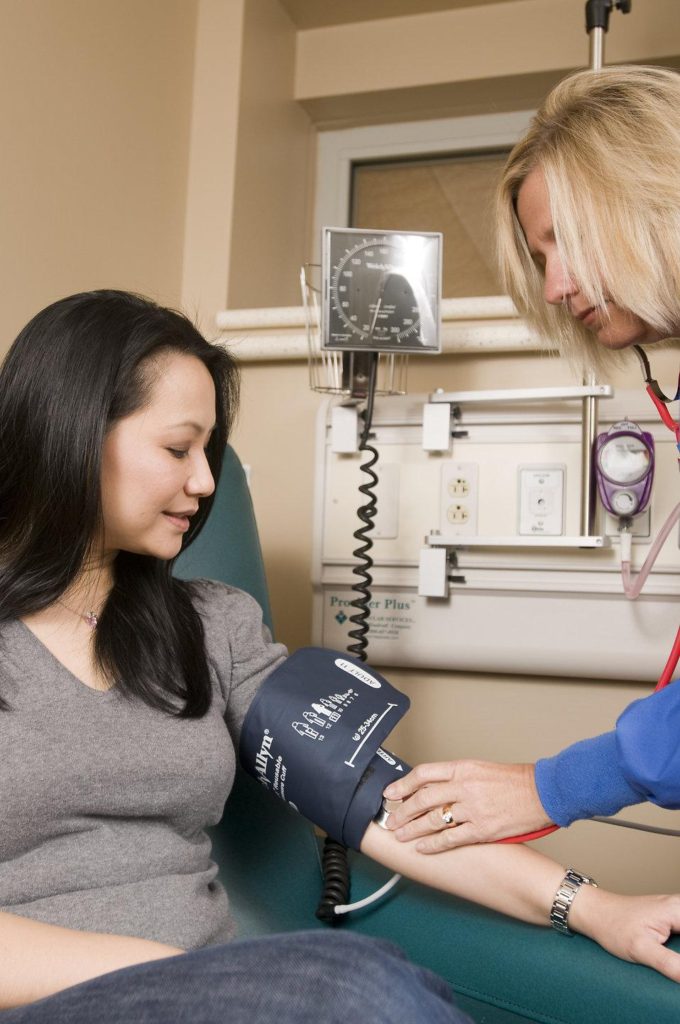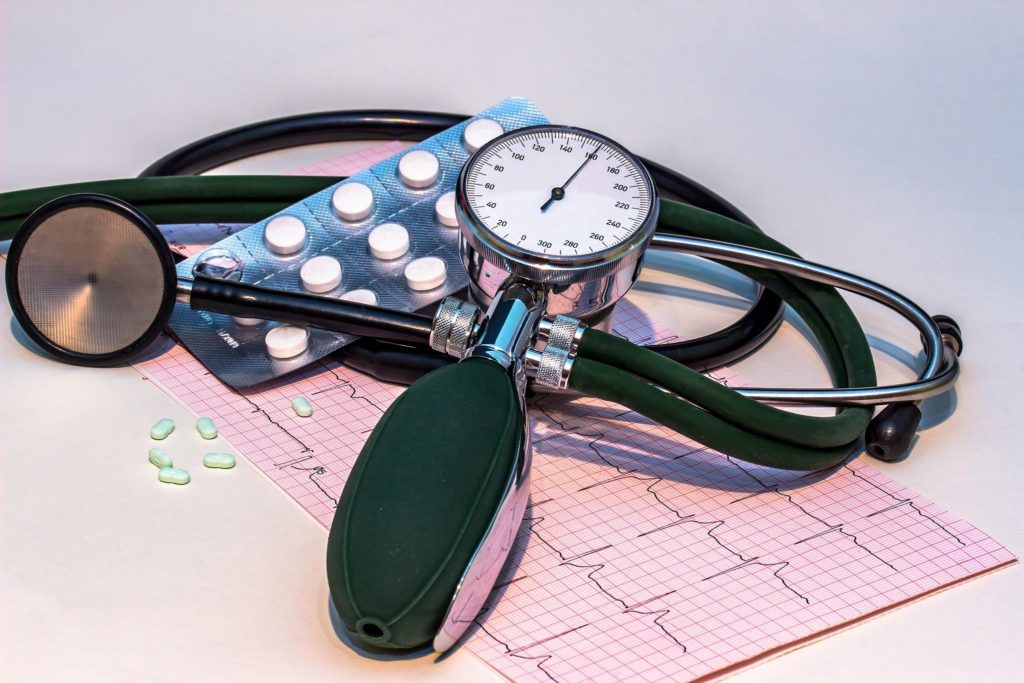Blood pressure? Who cares about blood pressure?!? It’s only the elderly, the overweight and the infirm who need to worry about their blood pressure right? You’re none of those things. You’re young, you’re healthy, you work out and by and large you eat pretty well. You don’t need to worry about hypertension or the numerous health problems to which it can contribute… or do you?
It’s an unfortunate but widely held misconception that young and active people don’t need to worry about their blood pressure but this is far from the truth. High blood pressure or hypertension can affect people at any age and while statistically those who are older and / or lead unhealthy lifestyles are the most at risk, young people are by no means immune. Hypertension affects 1 in 10 women in their 20s and 1 in 10 men aged 25-35 secalating to 2 in 5 men aged 35-44. Whatever your age and however active and healthy your lifestyle may be, anyone can benefit from educating themselves about the realities of hypertension as well as knowing its causes and how it can be both treated and prevented.

What is hypertension and why is it a big deal?
Hypertension is not a passing illness, it is a long term condition. It occurs when the pressure of the blood passing through the arteries is elevated beyond the normal and healthy parameters. Your blood is a vessel which transmits oxygen and nutrients all over your body and it can only do this if the pressure around which it is being pumped through your body is within healthy parameters. Normal, healthy blood pressure is around 90-120 systolic over 60-80 diastolic while a blood pressure of 120-140 over 80-90 is considered elevated. A blood pressure of around 140 over 90 or more is considered high and can lead to risk of more serious issues.
Hypertension is, in and of itself, not the biggest deal. High blood pressure on its own has no symptoms although it can lead to serious cardiovascular issues. The longer high blood pressure is left untreated the greater the risk of the following:
- Coronary artery disease
- Stroke
- Heart attack
- Kidney failure
- Loss of vision
- And even dementia
The trouble is that hypertension itself often has no discernable symptoms and unless you get a regular checkup with your doctor (which you should), it can be difficult to determine whether you have high blood pressure until it’s too late and you begin to experience the symptoms of something more serious. In some extreme cases you may experience symptoms such as chest pains, shortness of breath, fatigue, failing vision or difficulty breathing.
What causes hypertension?
Believe it or not, the medical world is not entirely sure about what specifically causes hypertension. There are a wide range of genetic and environmental factors, although there are certainly common causal factors among those whose blood pressure tends to be high. Again, while some groups are generally more at risk than others such as the overweight, those who lead stressful lifestyles, those with poor diets (high in saturated fats and salt), smokers and those with a history of heart disease.
The good news is that primary hypertension often takes a long time to reach the point where it becomes seriously harmful, and with a few lifestyle changes you can significantly reduce your risk.
Be honest with yourself… How healthy is your lifestyle really?
Many of us think we have a healthy lifestyle but we’re very often more concerned with appearances than what’s going on beneath the surface. We often work hard at the gym to sculpt our bodies for appearance’s sake and to combat our body issues. It is, however, possible for even those of us with slender, gym fit bodies to be at risk of a range of health problems caused by high blood pressure. Lean muscle mass is not always a great indicator of health and too few people worry about their health so long as their bodies look good.
Alcohol and tobacco use are contributing factors but caffeine consumption is an oft-overlooked factor. Caffeine causes a short lived but profound spike in blood pressure which, while transient, can be troublesome when these spikes are spread out consistently throughout the day. If your working day sees you stumble from espresso to espresso, this can take a toll over a period of weeks, months and years.

Small lifestyle changes can make a big difference
While high blood pressure can lead to some pretty serious consequences, it only takes some small lifestyle changes to dramatically reduce your risk. There are numerous medications that can help to combat high blood pressure and mitigate your risk of the serious illnesses that it can precipitate; click here for more info on them. If, however, you prefer not to use medications, there are numerous changes you can make to reduce your risk without medication…
- Do cardiovascular exercise for 30 minutes a day 4-5 days a week
- Cut down on processed foods
- Cut down on cigarettes. While the health risks of vaping have yet to be established it is thought to represent a significantly reduced risk of heart disease.
- Limit the amount of alcohol you imbibe or switch to heart healthier drinks like red wine.
Go heart healthy, go vegan!
There’s substantial evidence to suggest that one of the most effective ways of reducing your risk of high blood pressure is to switch to a wholefoods plant based diet that is low in oils and harmful fats. If you’re already thinking of jumping on the veganuary wagon, this is just one more compelling reason. Aside from being better for the planet and more ethical than an omnivorous diet, a vegan diet can be highly beneficial for heart health.
Those of you who’ve seen the documentary film What The Health? on Netflix will have seen testimonials from people with a history of heart related illnesses caused by high blood pressure shrug off their dependence on medications just months or even weeks after eliminating animal products from their diets.
Plant based foods are generally high in fiber and low in saturated fats while rich in helpful fats such as Omega 3s.
